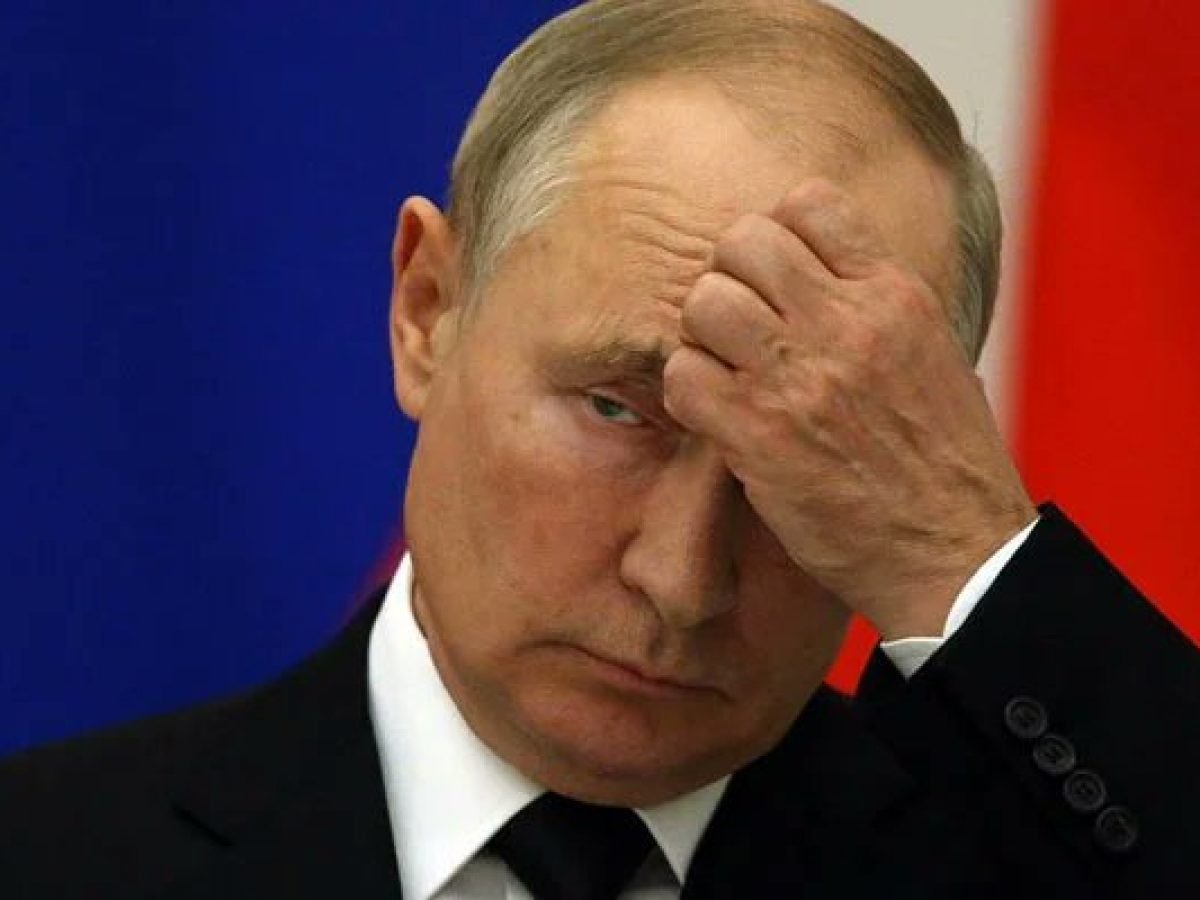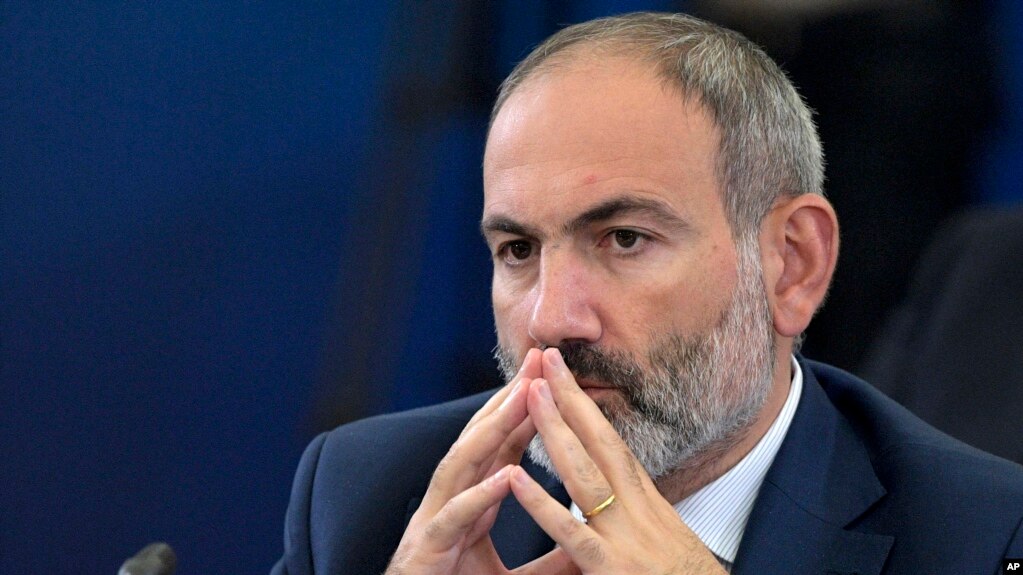
Politically, Russian President Vladimir Putin is a living corpse. The arrest warrant the International Criminal Court (ICC) issued against him on March 17 will have an enormous impact on his political career and possibly on his life.
By Nikola Mikovic
Libya, June 27 2011: on that day, the Libyan authorities said not to recognise The Hague-based ICC and that they were not concerned by the threat of a warrant for the then country’s leader Muammar Gaddafi. Four months later, NATO-backed rebels captured Gaddafi hiding in a storm drain outside his hometown of Sirte. He was reportedly sodomised by the rebel fighters and brutally murdered.
His inglorious death could be seen as a strong message to Putin and other global leaders perceived as opponents of the Western-dominated world order.
Until today, the Kremlin did not draw any conclusions from this event. Moreover, it is using exactly the same rhetoric as the Libyan officials did in 2011. Very interesting indeed.
“We consider all documents coming from the International Criminal Court as legally null and void”, said Vasily Nebenzya, Permanent Representative of Russia to the United Nations.
But the West will never lift the arrest warrant for Putin. Even though the International Criminal Court has no police force of its own to enforce warrants, that does not mean that Putin will not eventually be captured and murdered or, if he is lucky, sent to The Hague.
Given that the Kremlin does not intend to fundamentally change its political and military approach regarding Ukraine, Russia’s humiliating defeat in the Eastern European country seems to be a matter of time.
Once the war in the former Soviet republic is over, Russia, as a defeated party, will almost certainly face a series of crises that could destabilise the country, potentially leading to a civil war in the Russian Federation.
As a result, the Russian elites – senior officials and oligarchs – will seek to distance themselves from Putin and will likely attempt to improve ties with their Western partners. But that will come at a high cost. They will be forced to “betray” Putin and send him to The Hague. That, however, is unlikely possible unless a “palace coup” takes place in the Kremlin.
Indeed, the ICC arrest warrant for Putin has opened Pandora's box for the Russian elite.
It is now perfectly clear that the West does not see Putin as a legitimate partner with whom they can negotiate. Thus, the ICC warrant suggests that Vladimir Putin will never sign a peace deal with Ukraine.
In September, Ukraine’s President Volodymyr Zelensky said, “there will be no peace talks between Ukraine and Russia as long as Vladimir Putin remains Russian leader”. Could he know that the ICC was preparing to issue an arrest warrant for Putin?
One thing is for sure: A peace agreement between Russia and Ukraine can come only after one of the two parties involved in the conflict suffers a major defeat. Since Ukraine is actively preparing to launch a major offensive in the southeast of the country and continues receiving all kinds of Western-made weapons, in the coming months, Russia could lose more territories in the Eastern European nation. But such an outcome will unlikely force the Kremlin to change its strategy in Ukraine, just like the ICC arrest warrant for Putin did not impact its foreign policy.
One day after the International Criminal Court’s decision, Moscow extended the grain deal with Ukraine, which means that Moscow has agreed to allow its opponent to export its grains freely. Thus, Putin does not seem willing ever to make any significant changes. He will continue making concessions and “goodwill gestures”, even though such moves will have an enormous impact on the very future of the Russian Federation. But did he ever really care about the future of his country?
As a result of Putin’s “special military operation” in Ukraine, Russia has become an object of ridicule in the global arena. The International Criminal Court’s arrest warrant for Putin demonstrates that the West is not afraid of a possible escalation of the conflict. In other words, the West is not afraid of Russia. Putin and his oligarchs are afraid to raise the stakes and “fight until victory”.
Sooner or later, the Russian leader will pay the price for his adventure in Ukraine. It remains to be seen if he will end up like Gaddafi or if he will die in a prison cell in The Hague like the former Serbian President Slobodan Milosevic.
Only time will tell.







Interesting to note, however, that neither USA nor Ukraine recognize the legitimacy of ICC. USA has gone to the point in 2018 of treatening ICC judges if they dared to accuse USA citizens for war crimes in Afghanistan. Double standards at its best, isn't it?
I agree with The Raider... ICC is a corrupt as hell.